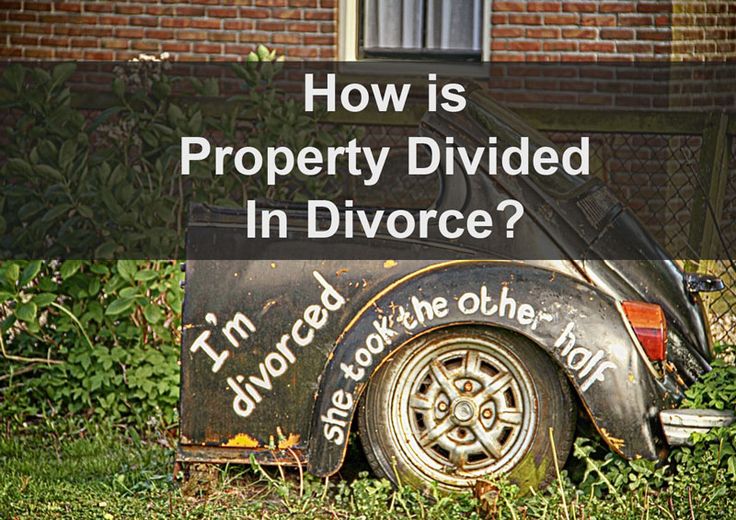



Divorce isn’t just an emotional journey — it’s a financial restructuring. One of the most significant questions couples face is: What happens to the property after divorce?
Whether it’s the family home, rental units, or a joint investment portfolio, the fate of real estate post-divorce depends on the legal agreement or court decision. This guide outlines the common outcomes for property after divorce and how Fraser Bond supports individuals, solicitors, and mediators with expert real estate advice and services during this critical transition.
In England and Wales, property is not automatically divided 50/50. Instead, settlements are guided by what is considered fair and reasonable, based on:
Legal and beneficial ownership
Financial and non-financial contributions
Needs of dependent children
Earning capacity and future housing needs
Duration of the marriage
Pre- and post-nuptial agreements
Once a Consent Order or court ruling is finalised, the legal instructions govern what happens to each property — whether it’s retained, sold, or transferred.
The titled or primary caregiver may retain the home
Usually involves a buyout of the other’s share
May require refinancing and title transfer
Fraser Bond supports with equity calculation and mortgage planning
Net proceeds are divided according to the settlement terms (e.g., 60/40)
Often occurs when neither party can afford to retain the property
Valuation at the time of sale is critical for accuracy
Sale is postponed until children reach a certain age
One party remains in the property short-term
Fraser Bond can forecast future property value for strategic planning
One party keeps the property; the other receives pensions, cash, or business interests
Known as asset offsetting
Requires precise property valuation and legal documentation
Split based on title, contributions, or income generation
One party may retain the asset and pay compensation to the other
Fraser Bond assists with rental yield, tax implications, and structural review
Tax Planning: Transfers may trigger capital gains tax (CGT) if not structured properly
Trusts or SPVs: Business-held or trust-owned properties need legal and beneficial interest clarification
Foreign Property: International assets require local compliance and valuation
Ownership Confusion: Fraser Bond supports clarification of sole vs joint vs beneficial ownership
We work directly with clients, family solicitors, and mediators to deliver comprehensive post-divorce property services:
RICS-compliant and accepted in court
Residential, commercial, rental, and portfolio assets
Sale and buyout planning
Current equity share assessment
Refinancing support for retention or buyout
Calculation of fair market value for offsetting
Form E support
Evidence for Consent Orders and legal submissions
Historical and current property valuations
Property forecasts to support delayed sales
Investment advice for clients managing post-divorce portfolios
What happens to property after divorce depends on your financial goals, family needs, and legal agreements. Whether you retain, sell, or restructure your assets, the outcome should be based on fair valuation and clear documentation.
Fraser Bond provides trusted, independent support to ensure your post-divorce property transition is handled with clarity, professionalism, and confidence.